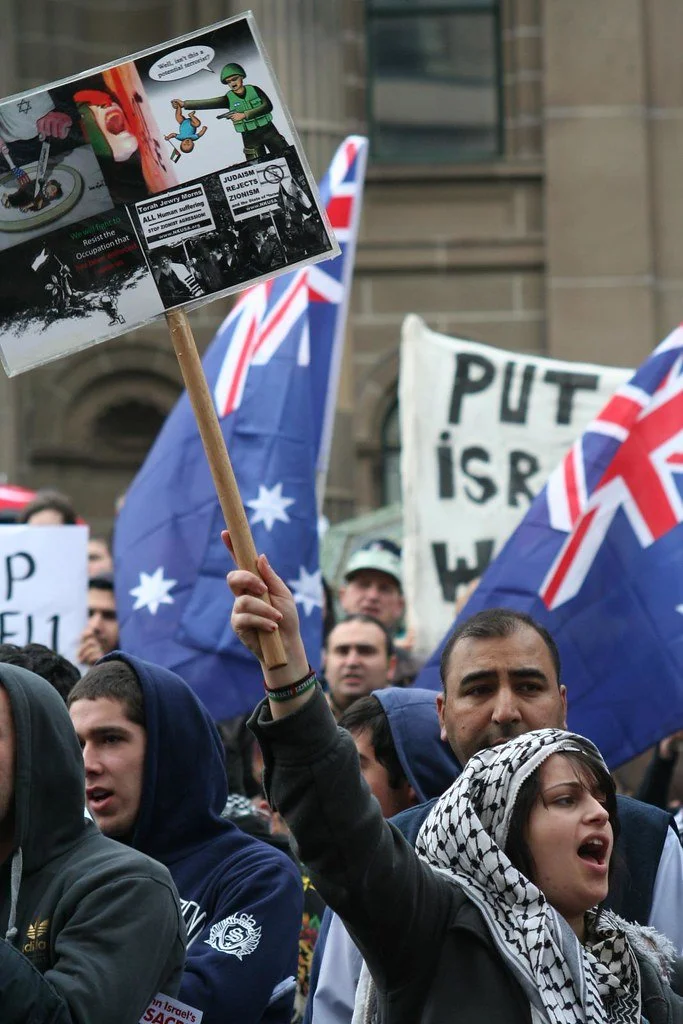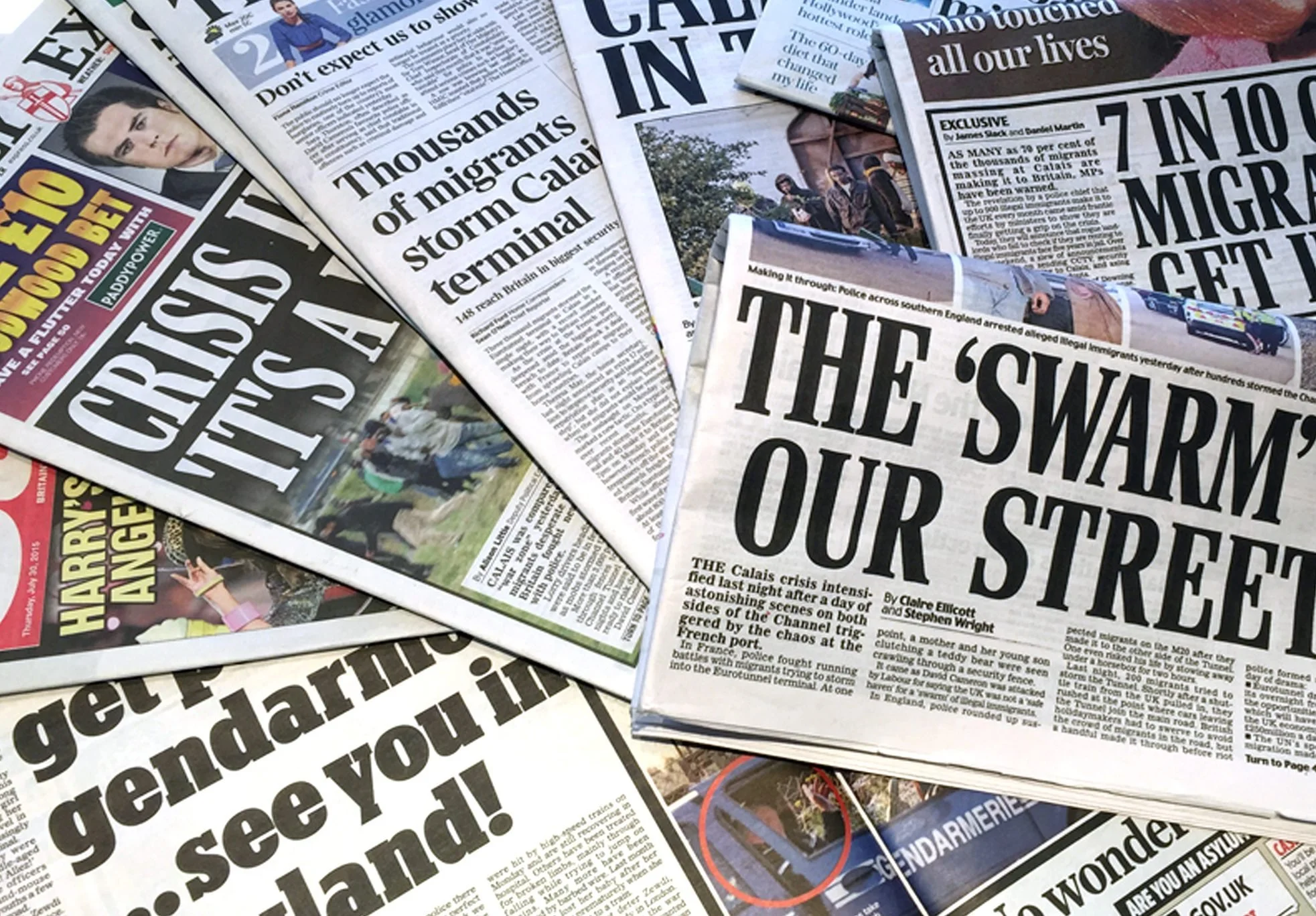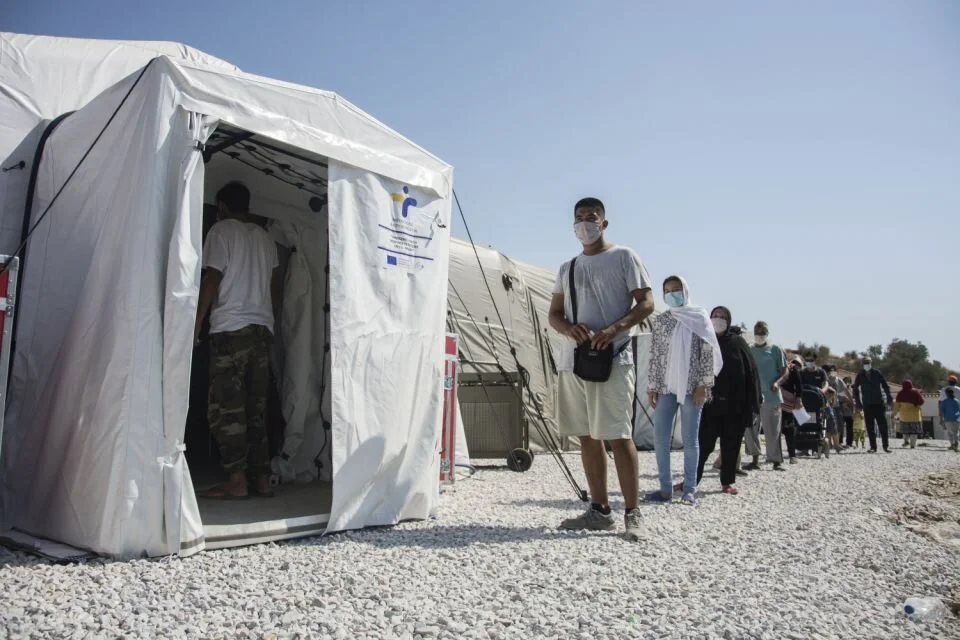Launched and announced earlier this year on January 19th, 2023, the Welcome Corps is a new private sponsorship program that creates a way for everyday Americans to play a welcoming role in resettling refugees throughout the United States (U.S. Department of State, 2023). A collaboration of the Department of State and the Department of Health and Human Services has worked to create this pilot private sponsorship program that shifts away from the way previous refugee resettlement in the U.S. has worked. Described as the “boldest innovation in refugee resettlement in four decades” by U.S. Secretary of State Antony Blinken, this program works to empower Americans to take ownership in creating a welcoming and inclusive environment for refugees.
The Dangers of Extremism: How Intensifying Alt-Right Movements Specifically Threaten Refugees and Immigrants
From arduous bureaucratic processes to daunting language barriers, a refugee or asylum seeker resettling in a new country faces many initial obstacles. Yet in the midst of these tangible difficulties, there is a less visible, but just as prevalent, barrier: the increasing prevalence of xenophobia and extremist, anti-immigrant ideology in sociopolitical landscapes. Throughout much of Europe and the United States, there has been a rise in anti-immigrant rhetoric in reaction to refugee movements and in conjunction with the increasing prevalence of far-right extremism. This type of isolationist, ultra-nationalist ideology not only threatens the livelihood and wellbeing of migrants globally, but could also signal a concerning turn towards alt-right and populist movements inching closer to the political mainstream.
My Family Story and Parallels to Refugee Stories Today
As is the case for many Palestinians, my family experienced lots of emigration, pain, hardship, loss, displacement, and change since the Nakba, or the Palestinian Catastrophe, in 1948. I want to share this personal account of my family's history through stories I have been told. My family's history has many parallels to what refugees and immigrants fleeing war, or those who are being forcibly displaced, may have had to experience then, and still experience now. I hope to shed light on the strength of not only my family, but all immigrant and refugee families who had to endure hardship in the past, and those who still do today.
Unmasking White Saviors to the Rescue
Last year I watched the film adaptation of Frank Herbert’s science fiction novel Dune about a boy named Paul who tries to protect the desert planet of Arrakis, its inhabitants, referred to as Fremen, and its valuable spice reserves from brutal Harkonnen rule. If you are like me and did not read the book you too were surprised by the amount of worldbuilding reminiscent of Islamic or Arab traditions. Ironically however, none of the main actors portray Middle Eastern/North African (MENA) or Muslim backgrounds; rather, the protagonist communicated as meant to rescue Arrakis’ largely colored Fremen population turns out to be a white male. While Dune and its characters reside in the fictitious realm the storyline is one replicated far too often in the real world.
Humanitarian Law Fails Palestine
Throughout the course of human history, war has been ruthless, often senselessly tearing apart families and livelihoods during callous power struggles between two belligerent parties who unnecessarily involve innocent people. It was not until fairly recently in human history that conventions occurred to attempt to make fighting more humane. Due to the lack of consensus on a war crime and the tendency of attacking forces to disregard human life, much less human dignity, the exact definition of a ‘war crime’ and ‘crimes against humanity’ remains elusive. Generally speaking, a war crime is a “serious violation of the laws or customs of war as defined by international customary law and international treaties,” and can apply to civilians and armed soldiers, while crimes against humanity apply to civilians (Penrose, 2022 & “Crimes Against Humanity”, n.d.).
Stopping a Refugee Crisis Before it Starts in the Pacific Islands
Take out your phone, and instead of going on TikTok or playing today’s Wordle, go on your Maps app. Now scroll to the Pacific Ocean, that vast blue mass of water separating the Americas from Asia and Australia, and zoom in until you find an island. Chances are that once you do, that tiny little speck of land in the middle of the largest single body of water on Earth will have people on it. From the lush islands of Palau near the borders of Asia, south to the Polynesian fantasy vacation destinations of Fiji and Bora Bora, and north to the Micronesian atoll systems of the Marshall Islands and Kiribati, the inhabitants of the Pacific Islands are diverse in their cultures and histories but unified by the imminent struggle that they face against climate change…
Hosting Refugees: How Nations Can Help Mitigate the Effects of Forced Displacement
With the outbreak of the war in Ukraine contributing to the ever-growing refugee crisis around the world, it is important to shine a light on the many reasons why hosting refugees is beneficial, not only to the refugees themselves, but also to the countries that host them.
Dr. Craig Loschmann, a research fellow at UNU-MERIT focusing on analyzing conflict-related migration, argues that the mere economic benefits of hosting refugees outweigh the possible associated risks. His experience participating in different UNHCR-funded projects in refugee camps in Burundi and Rwanda led him to conclude that hosting refugees can help…
States and the Stateless: How Nationalism Drives Xenophobia and Anti-Immigrant Sentiment
Whenever I lead any educational presentation for GRMR, I like to start off by asking the group what they think of when they hear the words refugee or migrant. I encourage the group to consider the images, news stories, and identifiers they have seen in media and political discussions. Without fail, the discussion always turns to the ways in which the 2016 election and the administration which followed changed the idea of who refugees and migrants are. Asylum seekers became illegal aliens, and migration a threat to the socioeconomic success of the country. This disdain for refugees and migrants does not stem simply from a place of xenophobia or isolationism…
Europe’s Refugee Response: Poor Peripheral Vision
Take an entry level international course and you’ll likely see a PowerPoint slide or two on the “European Migrant Crisis.” It was big, it was bad, but it was 2015. Surely six years later, Europe, home to some of the richest countries in the world, would find a way to integrate the desperate refugees into their economies, or at least raise the standard of living in the “temporary” camps scattered across the eastern Mediterranean. Who could have guessed that Europe, the self-described champion of humanitarian rights, would center its efforts in mitigating the “crisis” of refugees less on increasing the standard of living and opportunities for employment, citizenship or integration and more on spending money to simply keep them out altogether…
Refugees and the COVID Vaccine
Today, over a year since COVID-19 patient zero turned our global reality upside down, many of us are eagerly squinting to see the light at the end of the metaphorical tunnel. Thanks to the spectacular efforts of scientists around the world, we are in the initial stages of a vaccination program. Finally, it feels like the beginning of the end.
But for many refugee populations, this beacon of hope is little more than a cruel reminder of their status as the world’s have-nots. In perhaps one of the most blatant examples of large-scale disregard for refugee health, Colombia announced that it will not provide vaccines to Venezuelan refugees in the country without formal status. This puts just shy of one million people in a perilous position. Experts agree that this policy is both an ethical and epidemiological disaster. Marianne Menjivar, Colombia director for the International Rescue Committee, summarized the issues well when she explained that “We can’t beat Covid anywhere until we beat it everywhere, among all populations, especially those most vulnerable.” Such a massive community of unvaccinated individuals, especially one that already faces exceptional hardship in maintaining total social distancing and getting access to healthcare and adequate sanitation, can only spell trouble for the greater Colombian population. Leaving refugees out of the vaccination rollout picture is simply not an acceptable option. In fact, some have…






